About Us
Welcome to toBrainHealth, an interdisciplinary collaboration between The Biomedical Engineering and Telemedicine Team of the Center for Biomedical Technology at Universidad Politécnica de Madrid (GBT-CTB-UPM), and Institut Guttmann in Barcelona, offering a holistic approach to brain health. Our primary mission is to promote cerebral well-being and facilitate the early diagnosis of neurological and neuropsychiatric conditions. By leveraging the latest advancements in medical science, we customize cutting-edge techniques to address each individual’s unique health challenges. Our specialized, intensive neurorehabilitation programs are person-centered, designed to restore, enhance, or compensate for functional deficits resulting from neurological injuries. At toBrainHealth, we are dedicated to delivering the highest standard of care on your journey toward optimal brain health.
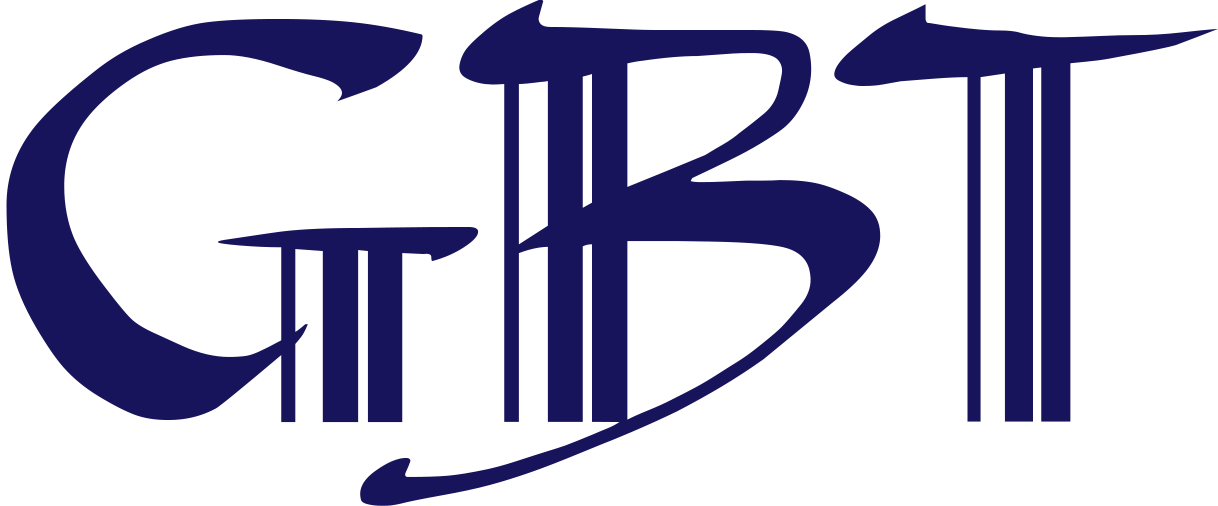

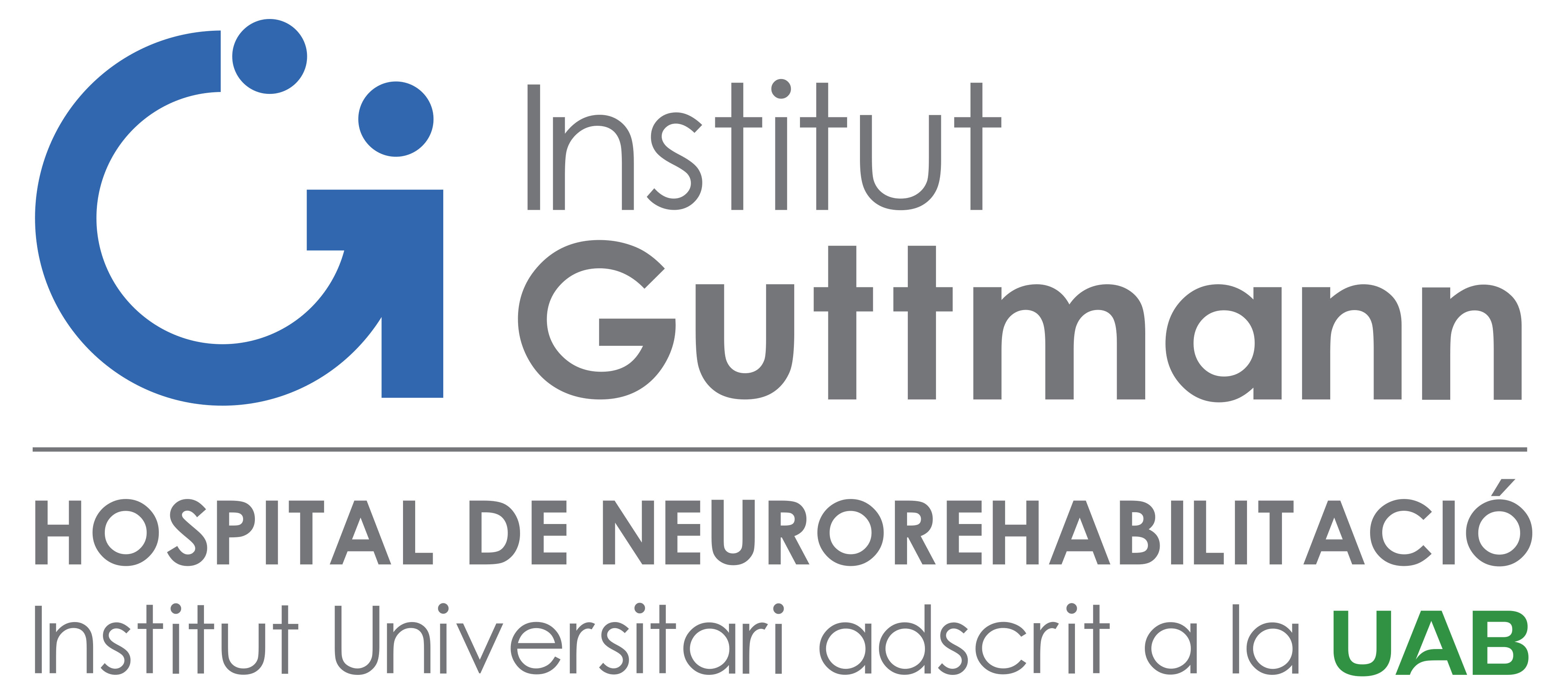
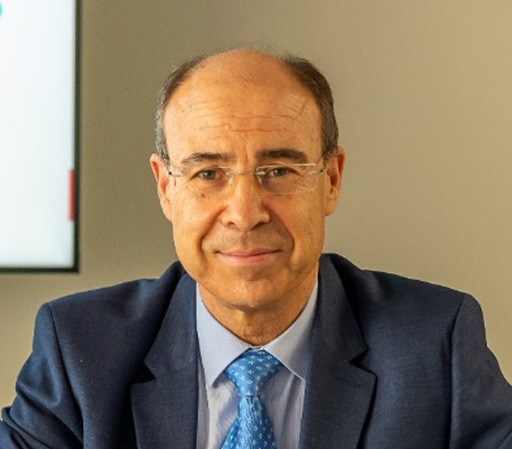
Enrique J. Gómez Aguilera
Principal Investigator
Enrique J. Gómez Aguilera is Full Professor of Biomedical Engineering at UPM, Head of the Department of PT and Biomedical Engineering and Director of the GBT Research Center. Senior Researcher at the National Center for Research in Bioengineering, Biomaterial and Nanomedicine of the National Institute of Health and the CTB of the UPM.
-
He has developed an intense activity in the promotion and creation of educational programs and he is Director of the Master of Science at BME at UPM. He has established several lines of research in Biomedical Engineering at the UPM: Technologies for Diabetes Care, Medical Imaging, and Image-Guided Surgery, and BME in Neurorehabilitation and Brain Health.
-
Author of 175 journal articles, 22 book chapters and 402 publications in conference proceedings. Principal investigator in 27 Spanish research projects, 20 industry projects and 39 EU research projects, that have led to the achievement of 8,9 million of euros.
-
Supervisor of 19 doctoral theses and 10 postdoctoral researchers.
-
President of the Spanish Society of Biomedical Engineering (2020-) and Honorary Life Member (2018) of IFMBE (International Federation of Medical and Biological Engineering). He has been president of EIT Health Spain (European Institute of Innovation and Technology in Health) (2019-2021). Founding member of EAMBES (European Alliance of Medical & Biological Engineering Society) and member of the board of directors (2005-2009). He is a member of the Scientific Council of the “Gadea Foundation for Science”.
-
2022 Research Award Universidad Politécnica de Madrid.
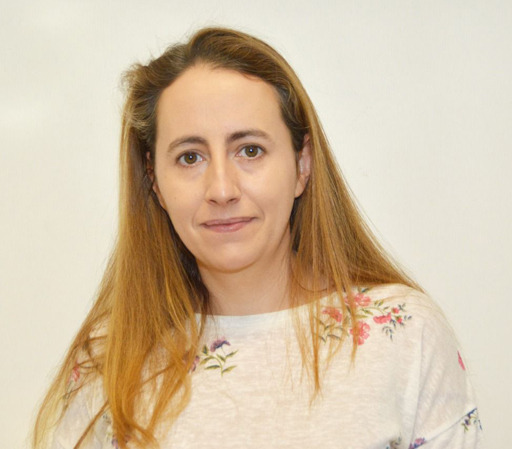
Patricia Sánchez González
Principal Investigator
Patricia Sánchez González is an Associate Professor at Universidad Politécnica de Madrid (UPM) and lead the “Medical images, surgical training, and image-guided surgery” research lab at CTB-UPM. Additionally, she is a senior researcher at UPM’s Biomedical Engineering and Telemedicine Centre (GBT) and the National Center for Research in Bioengineering, Biomaterial, and Nanomedicine (CIBER-BBN). She holds a Ph.D. in telecommunications engineering and specialize in Biomedical Engineering (BME). Her research portfolio includes numerous national and European projects, over 40 journal articles, and more than 100 conference contributions. She has supervised 120+ End-of-Degree Projects, taught in various programs, and currently coordinate the BME Bachelor of Science (BSc) at UPM. She also actively engages with Scientific Congress Committees and serve as an advisor to a prestigious research center, as well as a reviewer for BME journals. She is Principal Investigator of the coordinated project, PI of subproject 1, and responsible for WP2.

Pilar Herrero Martin
Member of the research team
Pilar Herrero Martin, Associate Professor at the Universidad Politécnica de Madrid (Spain). Author of more than 80 peer-reviewed international publications and editor of more than 15 international publications, European Ph.D. in Computer Science and extraordinary Ph.D. Award, in the last few years, Prof. Herrero has been involved in the organization of international events (workshops, conferences, …) and JCRS as editor. She has also been involved in more than one hundred and fifty International Program Committees.
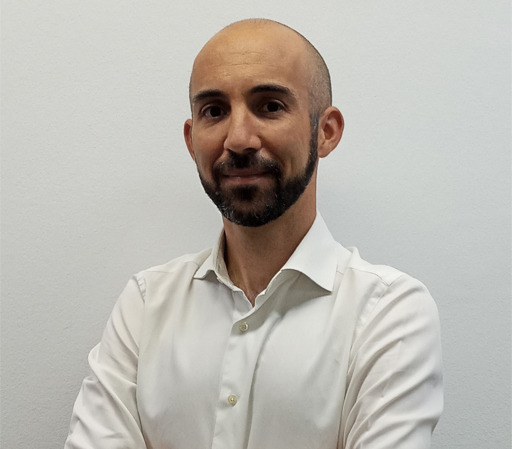
Ignacio Oropesa García
Member of the research team
Ignacio Oropesa García, Lorem ipsum dolor sit amet, consectetur adipiscing elit, sed do eiusmod tempor incididunt ut labore et dolore magna aliqua. Ut enim ad minim veniam, quis nostrud exercitation ullamco laboris nisi ut aliquip ex ea commodo consequat. Duis aute irure dolor in reprehenderit in voluptate velit esse cillum dolore eu fugiat nulla pariatur. Excepteur sint occaecat cupidatat non proident, sunt in culpa qui officia deserunt mollit anim id est laborum”
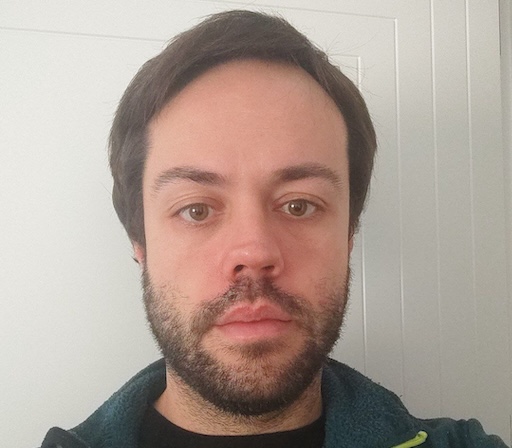
Diego Moreno Blanco
Member of the work team
Diego Moreno Blanco is an Posdoctoral Researcher at Universidad Politécnica de Madrid (UPM) Biomedical Engineering and Telemedicine Centre (GBT) and the National Center for Research in Bioengineering, Biomaterial, and Nanomedicine (CIBER-BBN). He holds a Ph.D. in Biomedical Engineering (BME). His research portfolio includes national and European projects, over 5 journal articles, and more than 10 conference contributions. He has supervised 30+ End-of-Degree Projects. He is involved in the co-design implementation, the definition and development of the personalized gamification strategies and the integration of the gamification software component in the BH platform. He is in charge of the maintenance and support of the platform, ensuring the technical feasibility of the intervention. He participates in WP2 and WP3.
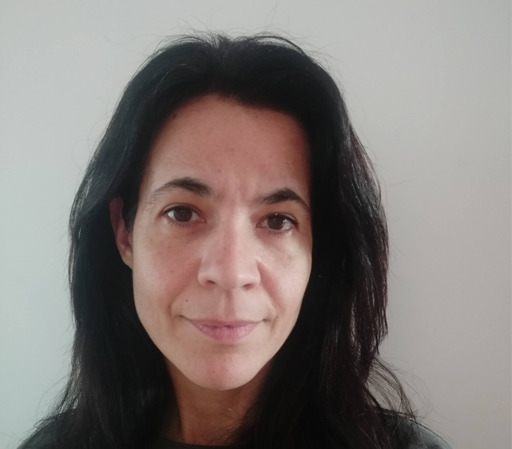
Paloma Chausa Fernández
PhD Student
Paloma Chausa Fernández, senior Researcher, M.Sc. in Telemedicine & Biomedical Engineering. She received her Telecommunication Engineering degree from the Universidad Politécnica de Madrid in 2003. She has worked as a research fellow at Escuela Técnica Superior de Ingenieros de Telecomunicación of the UPM since 2004 and her research experience is focused on chronic patient support through eHealth and mHealth services, methods for clinical data analysis, and heterogeneous data integration. She has wide experience in the development and technological implantation of telemedical and health information system, user needs assessment and system requirements definition. She has participated in 6 national projects and 1 European project.

Marta Álvarez Ambrosio
PhD Student
Marta Álvarez Ambrosio holds a master’s degree in telecommunications engineering from the Universidad Politécnica de Madrid (UPM). With 27 years of experience in the Telco and IT sector, she has worked in various technical, managerial, and commercial roles across different technological and telecommunication companies. In 2021, she earned a master’s degree in psychobiology and cognitive neuroscience from the Universidad Autónoma de Barcelona. In 2022, Marta joined the GBT group and is currently pursuing a Ph.D. in biomedical engineering at the UPM. Her research focuses on brain health and technology-based behaviour change interventions, and the use of IoT-based models (digital phenotyping) for translating sensor data into digital biomarkers related to brain health.
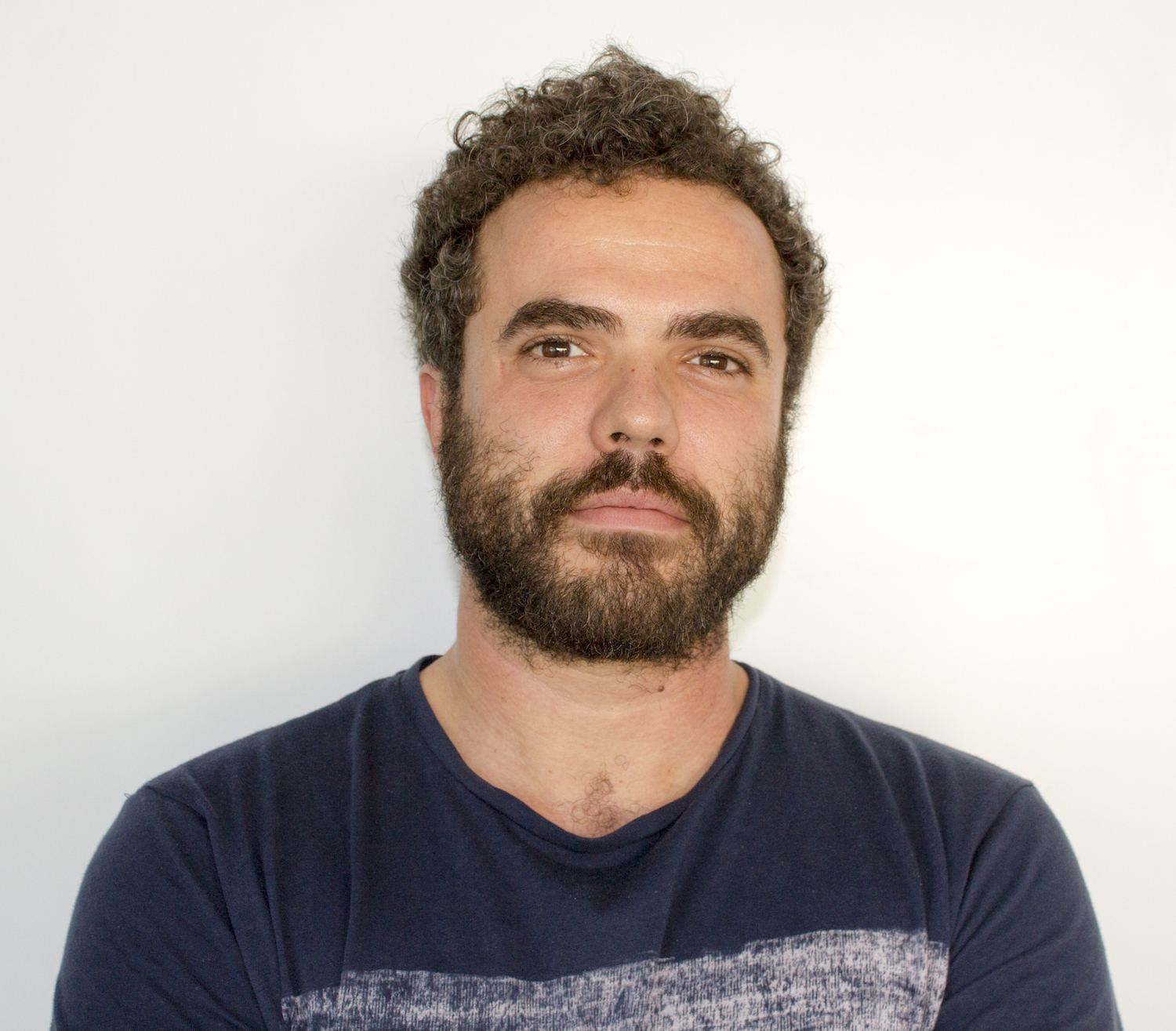
Javier Solana Sánchez
Principal Investigator
Javier Solana Sánchez specialized in biomedical engineering and telemedicine, exploring the application of Information and Communication Technologies to medicine, particularly in neurosciences, cognitive rehabilitation, cognitive assessment, and brain health. His early research involved the development of computerized tasks for cognitive rehabilitation and the creation of an ICT-based tele-rehabilitation platform, Guttmann Neuro Personal Trainer® (GNPT).
During his doctoral research, he focused on enhancing the GNPT platform by introducing the “Intelligent Therapy Assistant,” an innovative decision support system. He also developed an advanced monitoring module using eye-tracking techniques to monitor visual attention. After completing his Ph.D., he led the technological aspects of the European Project PERSSILAA, which aimed to detect and prevent frailty in the elderly through personalized ICT-supported services. As a post-doctoral researcher at Institut Guttmann, he contributed to the Barcelona Brain Health Initiative (BBHI), investigating the determinants of brain health through web-based platforms, mobile technologies, and data mining.
His recent publications center on the role of mobileHealth technologies in enhancing adherence and motivation for multidomain lifestyle interventions and promoting brain resilience. Additionally, he has worked on the improvement of the GNPT® platform, particularly in the development of a cognitive assessment solution known as “Guttmann Cognitest,” which guides intervention programs based on cognitive performance.
He is Co-Principal Investigator of subproject 2 and responsible for WP3, in charge of defining and coordinating every task related to implement the interventions, in its different phases. He will also coordinate and lead tasks related to the data-repository definition and procedures for sharing data and knowledge of the project (WP5). He also participates in WP2.
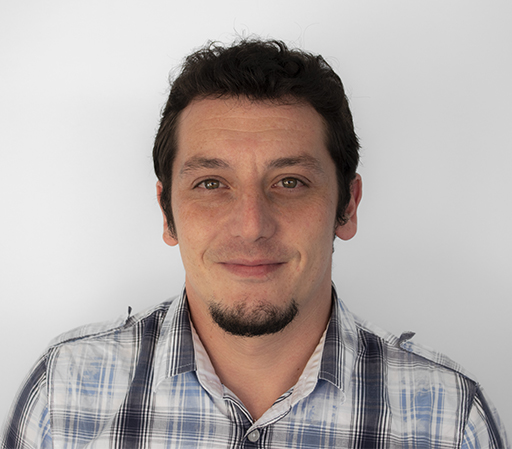
Gabriele Cattaneo
Principal Investigator
Gabriele Cattaneo holds a degree in Cognitive Neurosciences (psychology) and has worked as a neuropsychologist at San Raffaele Hospital in Milan. He completed his Ph.D. in Biomedicine at Pompeu Fabra University, exploring lexical access mechanisms in bilingual individuals and their connection to cognitive aging. Currently, he is involved in the Barcelona Brain Health Initiative, investigating how lifestyle factors impact brain health. He also serves as an adjunct professor, supervises doctoral theses, and has conducted research at prestigious institutions. With over 40 scientific publications, he actively contributes to science communication and has secured significant research funding. Co-Principal Investigator of subproject 2 and responsible for WP4. He participates in the tasks of defining clinical models and needs, data analysis, and defining objectives and supervising the evaluations and multi-domain interventions.
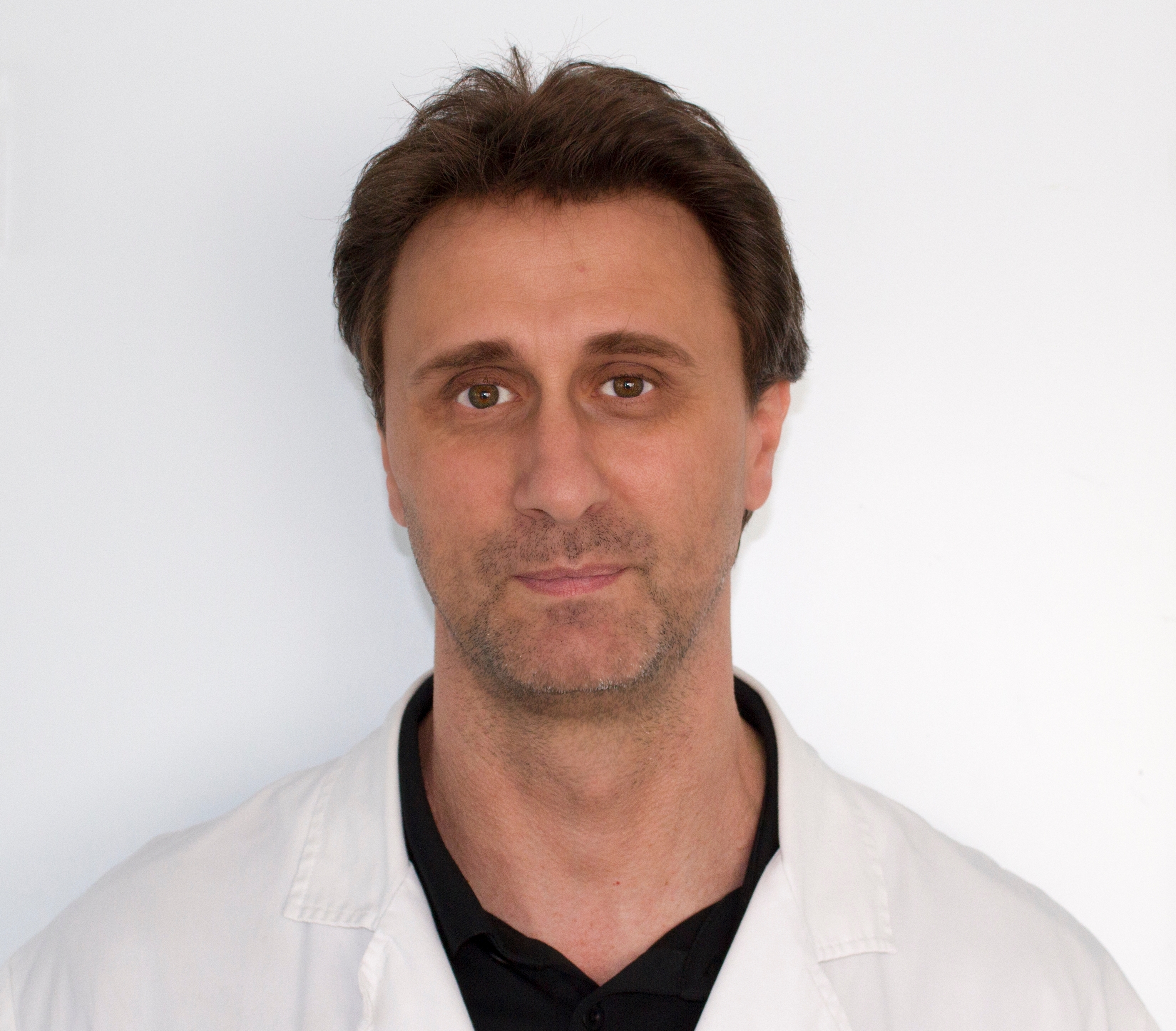
Alejandro García Rudolph
Member of the research team
Alejandro García Rudolph, an Information Technology engineer, has been a researcher at the Fundación Instituto Guttmann in Barcelona since 2004, actively contributing to over 15 competitive projects at both national (CENIT, Plan Avanza) and European levels (FP7, H2020).
Over the past 5 years (2018-2022), he was involved in developing and executing the European project PRECISE4Q, a collaboration with 11 partners from 7 countries. The project aimed to create predictive simulation models based on multidimensional data to enhance personalized stroke treatment across its four stages: prevention, acute treatment, rehabilitation, and social reintegration. His role primarily focused on rehabilitation and social reintegration phases.
He is the author of numerous publications in scientific journals, specializing in the application of machine learning techniques to a wide range of demographic, clinical, and behavioral data sources within the field of Neurology. He participates in data analysis tasks, specifically in those related to clustering classification and idenfitication of relevant variables that predict higher adherence of multi-domain interventions (WP1). He also participates in WP2 and WP5.
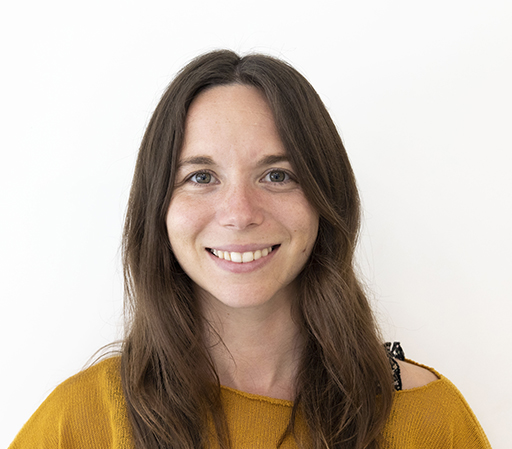
Alba Roca Ventura
Member of the research team
Alba Roca Ventura is a neuropsychologist at Institut Guttmann and a predoctoral candidate in Translational Medicine at the University of Barcelona, specializing in Neurosciences. She has a background in psychology and health psychology, and she previously worked as a Senior Technology Consultant at Deloitte. Currently, Alba is involved in the Barcelona Brain Health Initiative (BBHI), where she collects and analyzes neuropsychological data, electroencephalograms, and transcranial magnetic stimulation. She also contributes to the development and validation of digital solutions for cognitive assessment and lifestyle habit promotion. Additionally, she is part of the Prehabilita project, focusing on neuromodulation and cognitive training for brain tumor patients before surgery to enhance neuroplasticity. She participates in tasks related to neuropsychological assessment, data analysis and giving support to the evaluations and multi-domain interventions.